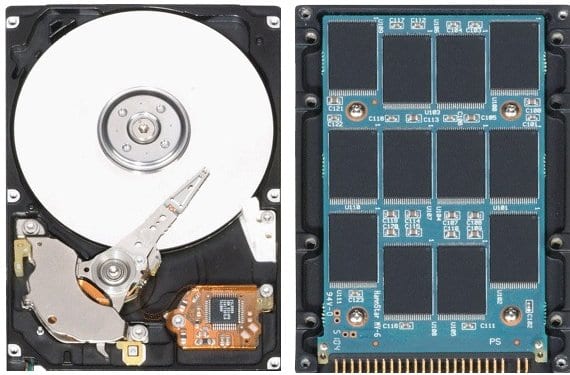
For those who do not know, udev was written by Greg to replace the old system that used Linux. It is a hardware device manager for the kernel from version 2.6 onwards. Thanks to this utility, the device files found in the / dev directory can be controlled in a better way. Ok, by here all is normal.
But some have asked me if udev takes up space. The question may seem somewhat absurd. Obviously you can think that like any software, it occupies a storage space on the hard disk to house the binary and other auxiliary files that it needs. It will also take up a space in the main memory or RAM when it is running, as is obvious too. But the question or confusion of some users does not go there and they have another origin ...
The fact is that some al run the following command to check the occupied and available space of your partitions:
df -h
It has been found that udev can have several GBs of space, of which it seems that everything is available. The next question from the user is if it is always available, if they can remove it to gain some gigs of storage. This is where the confusion is.
For example, when I run it on my laptop it tells me that it has 3,7GB. But it turns out that it is not occupying that space, that is, there is no udev partition on your hard drive that is subtracting storage. It is a RAM disk, that is, a partition created in RAM using a temporary FS type. Usually tmpfs is limited to 50% of the RAM capacity, so in my case I have about 8GB and therefore I have almost 4GB apparently destined for udev.
But it is not true that they are always hijacked by udev and cannot be used for something else, so you should not worry about it either. The answer is that udev does not use space on your hard drive, at least not what df marks and not in your RAM permanently ...